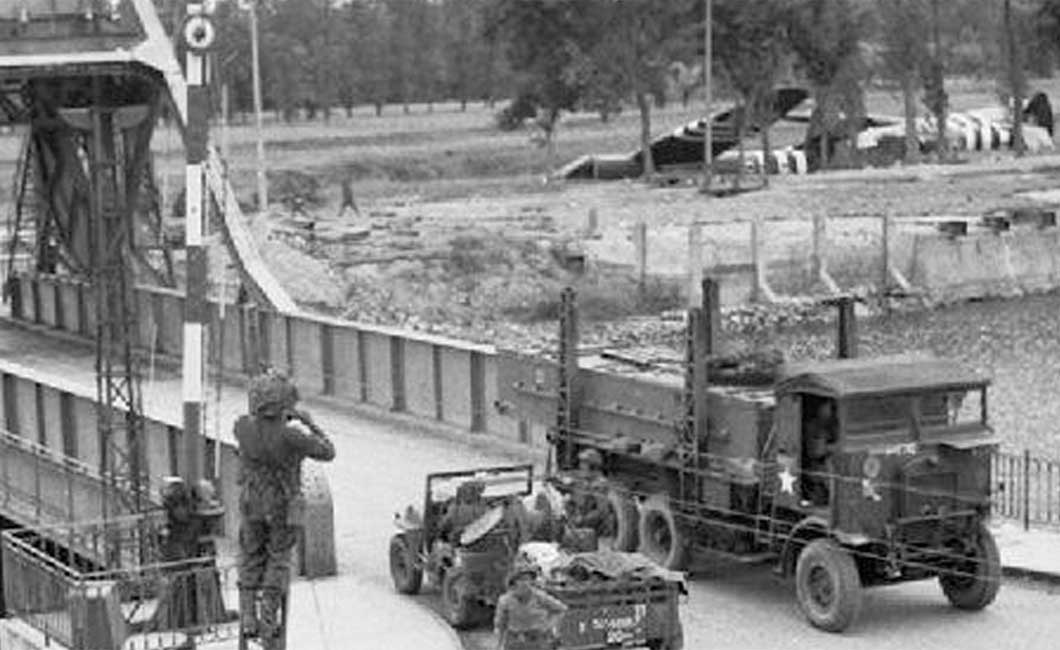
Martin Maxwell, 92, served in the Second World War as an Allied glider pilot, landing in France on D-Day, June 6, 1944. (JAMES DALGARNO/TORONTO OBSERVER)
On a moonlit night in June 1944, Martin Maxwell, a glider pilot with Allied forces, landed his aircraft near a bridge in Normandy, France. He then joined invasion troops, who quietly killed the German sentries with bayonets and seized the bridge. Maxwell, 20, hadn’t even finished high school.
“It didn’t feel good, let me tell you that,” he said. “It changed my life; the war made me who I am.”
Maxwell, now 92, was born in Austria in 1924. He will be speaking of his service in the Second World War during a Remembrance Day observance at Centennial College’s East York campus on Nov. 11.
Maxwell landed his Horsa glider, filled with 30 Allied soldiers and supplies, near Pegasus Bridge in Normandy on the eve of D-Day, June 6, 1944.
“We were lucky we had some moonlight,” he said and added that the men in the glider sang until they neared the target. “(We) knew what we had to do.”
Maxwell was not just a pilot. After he landed his glider, he said he engaged in hand-to-hand combat against enemy troops.
“Gliders are quiet. If we had (motorized) planes, the whole (German) garrison would hear,” Maxwell explained. “We had to kill … the guards on the bridge. It feels terrible, especially the first time.”
The D-Day veteran said he does not think of himself as a lucky man, but he never thought he would die.
“When you go into (war) you never think that you’re going to get killed,” he said. “The guy next to you may get killed, but not you.”
Following the D-Day invasion, Maxwell returned to England by submarine. He was later involved in Operation Market Garden in Arnhem, in the Netherlands, where he was severely wounded and captured by German troops.
But Maxwell’s wounds were not just physical; he said he bore emotional scars from the war too.
“For years (after the war), my wife, Eleanor, told me (that) I screamed in my dreams,” he said.
He added, however, that speaking to school groups about his experience helps to deal with the memories, good and bad.
“I like to speak, and to impart my knowledge to students. I remember my first day in the army; I remember the POW camp,” he said. “The night after I speak, I usually don’t sleep.”
Maxwell explained that he cannot change to bad memories, but “I try to think of the positives. Otherwise, I would not have survived.”

